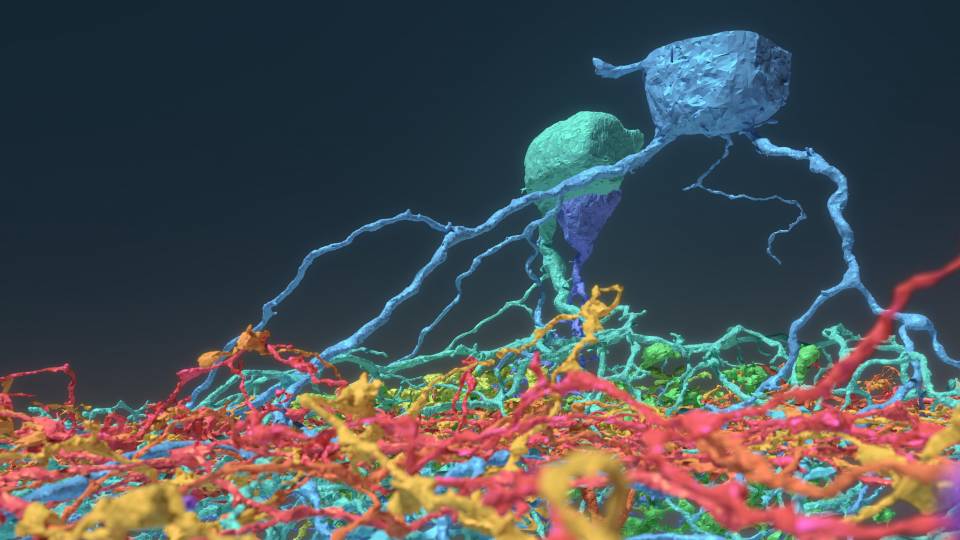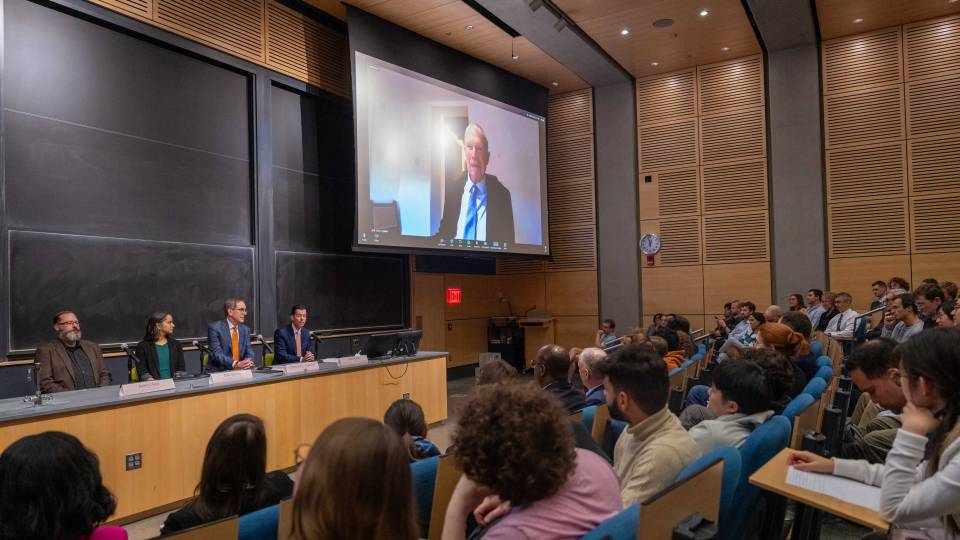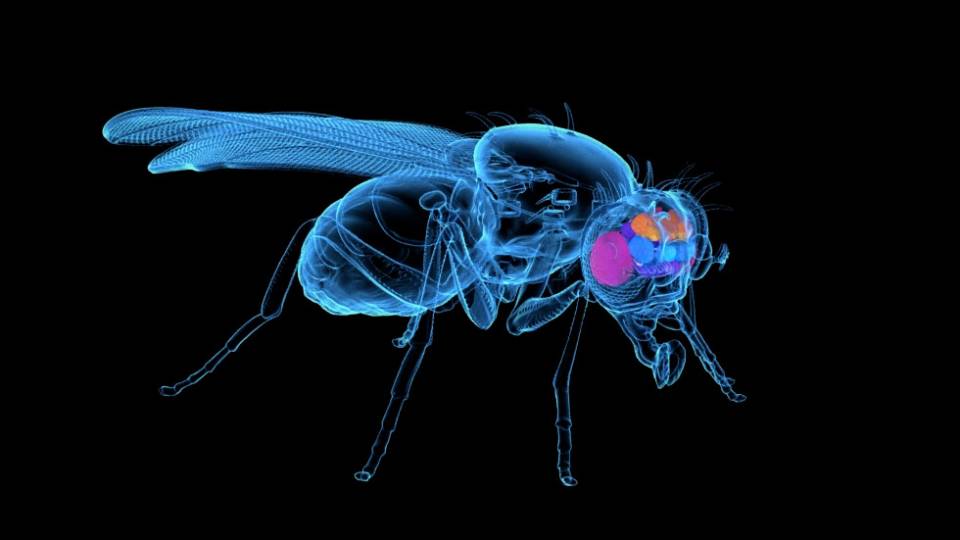Two Princeton University projects are among the first group of studies selected by the National Institutes of Health to receive an overall $46 million in funds related to the federal BRAIN Initiative. Announced in 2013, the BRAIN (Brain Research through Advancing Innovative Neurotechnologies) Initiative aims to map the activity of all the brain's neurons.
A $1.02 million project will study the underlying neuronal circuitry that contributes to short-term "working" memory, using tools to record circuit activity across many brain areas simultaneously. The effort will be led by Princeton researchers William Bialek, the John Archibald Wheeler/Battelle Professor in Physics and the Lewis-Sigler Institute for Integrative Genomics; Carlos Brody, a professor of molecular biology and the Princeton Neuroscience Institute (PNI); Sebastian Seung, a professor of computer science and PNI; David Tank, the Henry L. Hillman Professor in Molecular Biology and co-director of PNI; Samuel Wang, an associate professor of molecular biology and PNI; and Ilana Witten, an assistant professor of psychology and PNI.
Seung also will lead a $1.27 million project to use the help of "citizen scientists" — via an online video game he developed called EyeWire — to map how light is transformed into nerve signals by the circuits of the retina, the light-sensing tissue in the eye. Seung will work with collaborators from other institutions.





